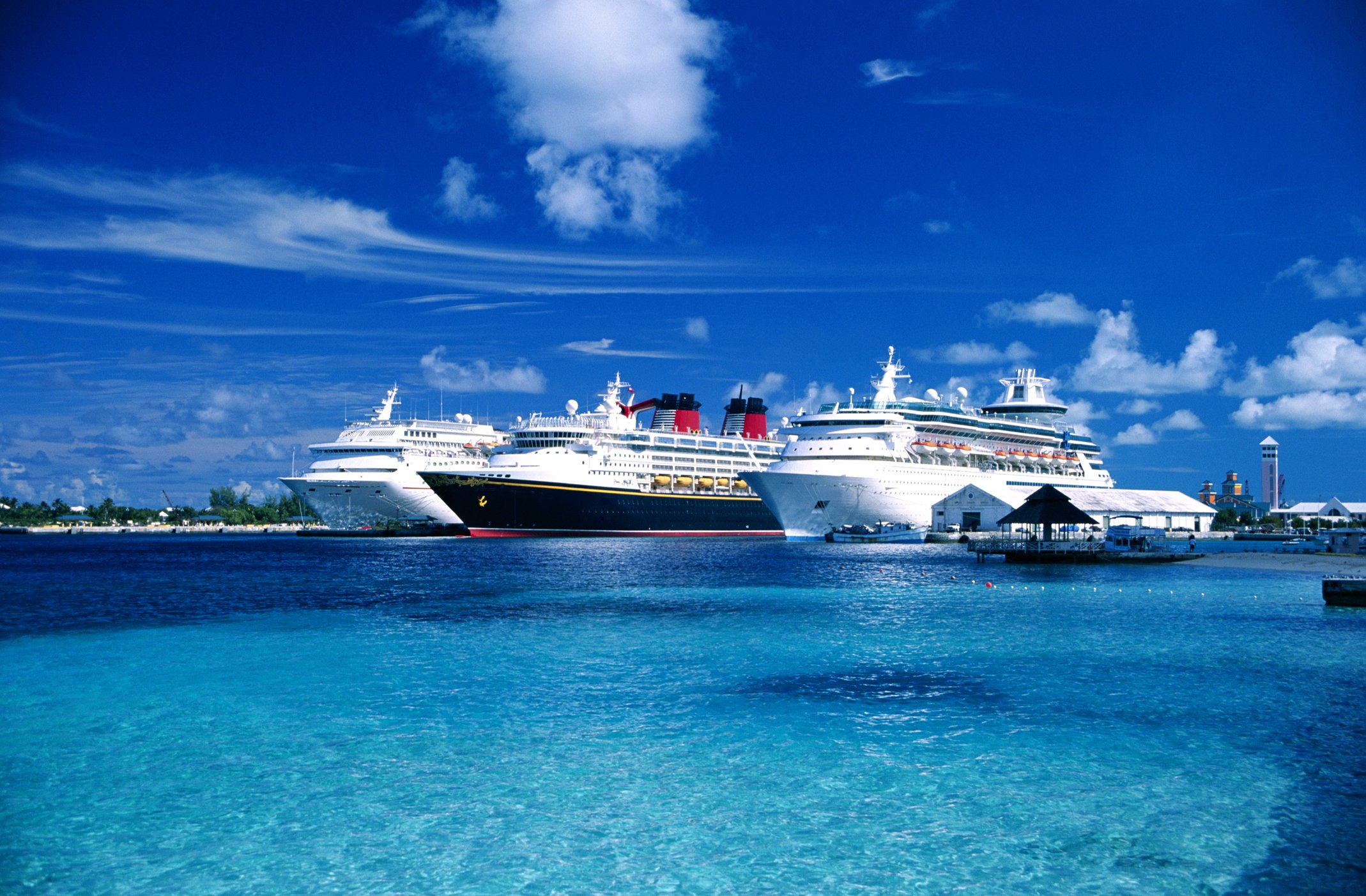I took a look at three stocks to avoid last week, and it was a mixed bag. One investment soared 25% for the week. Ouch! However, one stock marched in place for a nearly 2% gain, and the third stock to avoid plummeted 32%. It all comes together for an average decline of 2% on a week when the market rose better than 2%. I'll take it.
It's a new week, and I see SeaWorld Entertainment (SEAS 2.50%), Norwegian Cruise Line Holdings (NCLH 10.61%), and Kandi Technologies (KNDI +1.98%) as vulnerable investments in the near term. Here's why I think these are three stocks to avoid this week.

Image source: Getty Images.
SeaWorld Entertainment
The last of the amusement and theme park operators to report this earnings season will be SeaWorld Entertainment, when it kicks off the new trading week with updated financials on Monday morning. There won't be a lot of surprises in the look back. SeaWorld already offered up preliminary results two weeks ago, and it was about as bad as could be expected for a chain that had its parks shuttered for most of the reporting period.
SeaWorld Entertainment began reopening many of its gated attractions in early June, and it saw 0.3 million guests go through its turnstiles for the three months ending in June. It's a sharp but understandable contrast to the 6.5 million guests it entertained in the same period a year earlier. Preliminary revenue of $18 million -- yes, just $18 million -- is a 96% freefall from last year's springtime quarter showing.
With the bad news seemingly baked in already, I still see SeaWorld as vulnerable this week. Everyone's bracing for a big deficit, but SeaWorld has fared worse than expected on the bottom line for three consecutive quarters. It's already all but thrown in the towel on 2020, pushing most if not all of the new roller coasters it was supposed to open this year to 2021. Its larger theme park rivals are already shaving operating hours, and with SeaWorld already cycling through CEOs like Spinal Tap drummers, it's hard to get excited about its near-term prospects given its heavy presence in markets with high COVID-19 cases.
Norwegian Cruise Line Holdings
Everyone's a landlubber these days. It's been five months since Norwegian Cruise Line and its peers suspended their sailings, and they don't expect to resume stateside voyages until at least November. Cruise line stocks are naturally among the hardest hit investments this year, and Norwegian has been the worst of the lot with its 76% year-to-date slide.
Norwegian Cruise Line posted brutal results last week. If you thought SeaWorld's $18 million in quarterly revenue was bad, the cruise line clocked in with a huge loss and just $16.9 million on the top line. Norwegian Cruise Line also points out that roughly 60% of its guests on cancelled voyages are requesting cash refunds, slightly higher than its larger peers. If you want to see how Norwegian Cruise Line is faring on the refunding front punch in the words "NCL" and "refund" into your social media platform of choice. I'm 94 days into a confirmed request that was initially told would take no more than 90 days to settle up, and plenty of social media anecdotes tell me I'm not alone.
There will be a shakeout by the time consumers are comfortable cruising again. As the distant third in this hammered market it's hard to get excited about Norwegian Cruise Line's chances of leading the way in the eventual recovery. Until the industry starts stringing some positive developments together, this is a name to avoid.
Kandi Technologies
The one stock that I was wrong about last week -- climbing 25% higher -- was Kandi Technologies. The Chinese maker of affordable electric sedans has seen its stock more than double over the past two weeks since announcing that it will roll out a pair of entry-level cars for the U.S. market later this year. A virtual launch event is slated for Aug. 18.
Kandi's cars will start at $19,999 before incentives, but the practicality of the cheapest model is debatable given its 100-mile range between charges and a top speed of 63 miles per hour. It's also a bit of crummy timing, given the percolating trade tensions between the U.S. and China and the overall sluggish state of the new car market.
Breaking into a new territory is always challenging for car makers that lack brand awareness and the established network of local dealers and service centers. Kandi faces an uphill climb, and we know its cars can't go up that hill very fast.
If you're looking for safe stocks, you aren't likely to find them in SeaWorld Entertainment, Norwegian Cruise Line Holdings, or Kandi Technologies this week.





